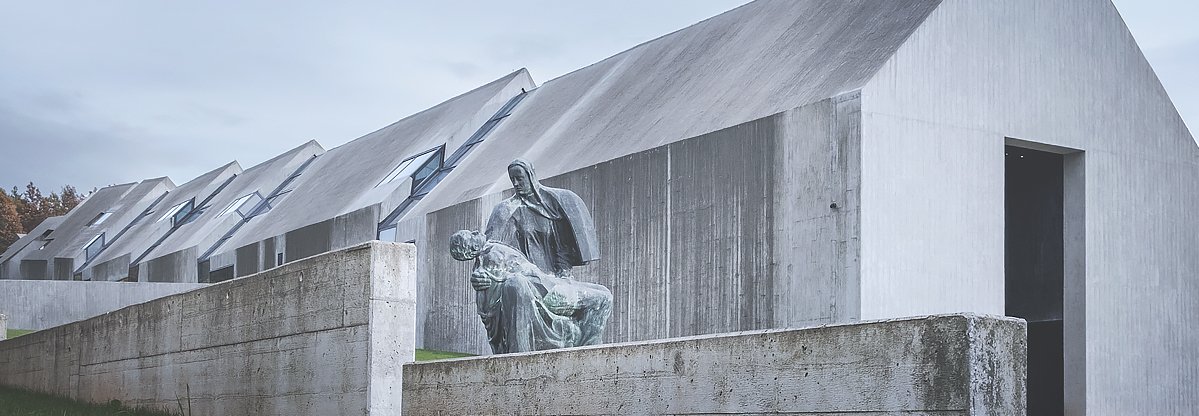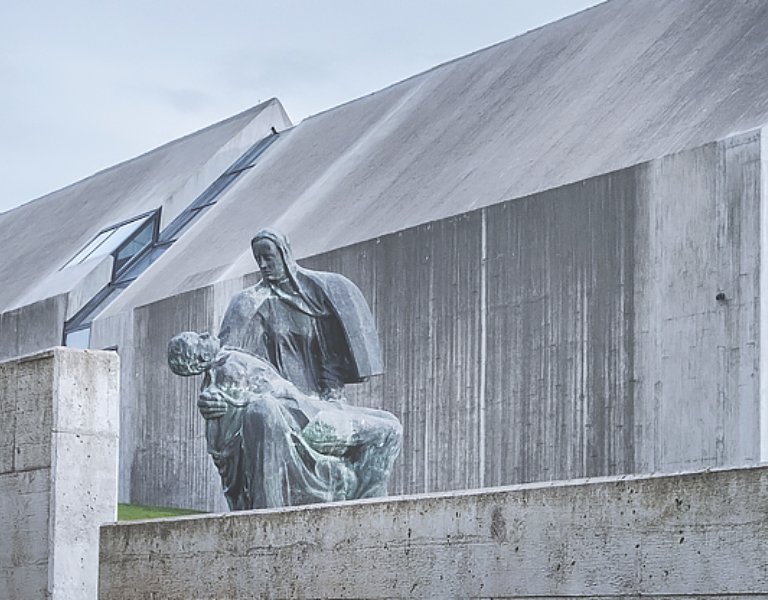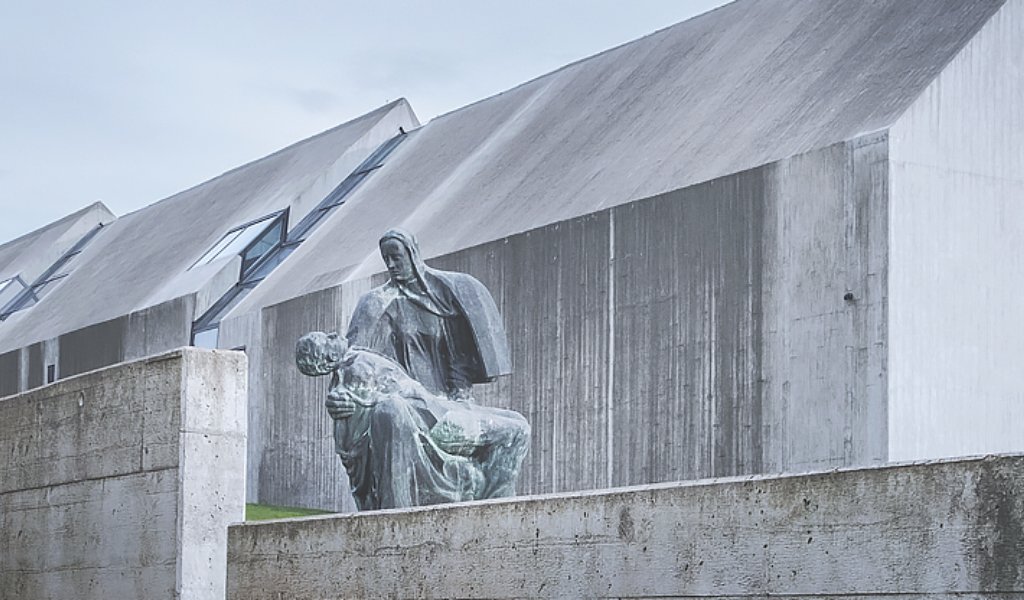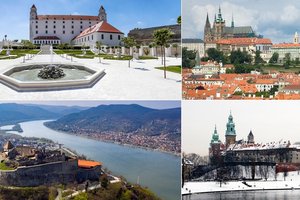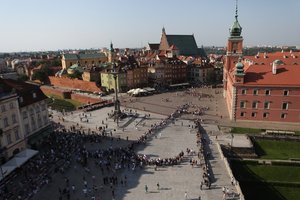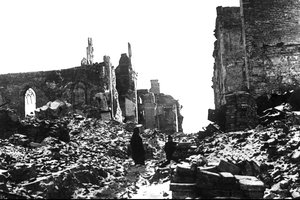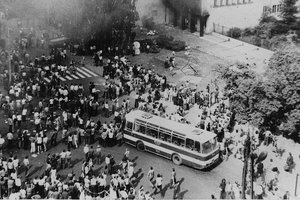Michniów, one of 817 Polish villages that ceased to exist
In 1943, Michniów was rased to the ground by German police and gendarmerie, the villagers killed, arrested and transferred to KL Auschwitz-Birkenau or other Nazi German concentration camps, including KL Gusen. Today, the village houses the Mausoleum of Polish Rural Martyrology and preserves the memory of 817 Polish villages pacified during World War II.
During the German occupation of Poland, the inhabitants of Michniów, a small village located near Skarżysko-Kamienna in today’s świętokrzyskie voivodeship, would provide aid to local partisan units and Home Army groups. They paid the highest price for their acts of patriotism and humanity. In retaliation, German police and gendarmerie raided the village.
On July 12-13, 1943, Michniów was burnt to the ground, 204 villagers were killed, 13 were arrested and later transferred to KL Auschwitz-Birkenau and to other Nazi German concentration camps, including KL Gusen, and 18 were deported to labour camps in the Third Reich. Michniów ceased to exist.
A witness to gruesome atrocities, Michniów has become a place of remembrance for the local community. Due to a growing interest in its history, over the last decades, the village has turned into a centre for remembrance and a symbolic cemetery for the inhabitants of 817 Polish villages pacified during World War II.
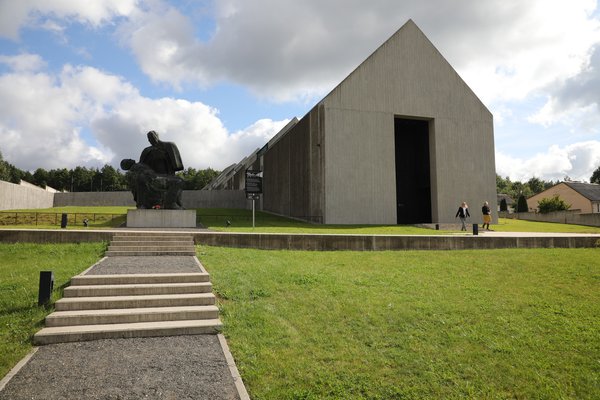
Today, the village houses the Mausoleum of Polish Rural Martyrology, whose mission is to document and to commemorate the atrocities that the Polish rural communities witnessed during the German occupation and across the Polish territories annexed by the Soviet Union in 1939.
The Mausoleum now has a new building designed by a renowned architect, Mirosław Nizio, known, among others, for his work on the main exhibition of the Warsaw Uprising Museum. It is a long building, divided into roofed and open-air segments, which resemble small cottages. At night, symbolically, light comes out through the many gaps in the walls making the building look as if it were burning.
The Mausoleum was officially opened on July 12, 2021, on the 78th anniversary of the pacification of Michniów, in an opening ceremony attended by the President of the Republic of Poland, Andrzej Duda.
21.09.2021
